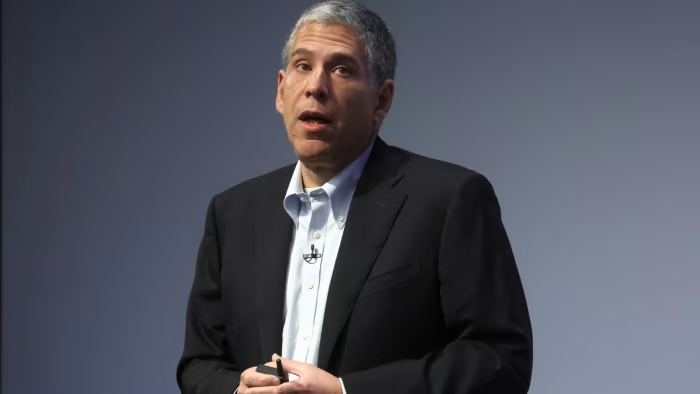Stay informed with free updates
Simply sign up to the Financial services myFT Digest — delivered directly to your inbox.
A rush of retail money into private assets is pressuring fund managers to deploy capital quickly and risk buying bad assets, the head of Goldman Sachs’ money management business has warned.
So-called evergreen funds, which offer long-term investments in private companies, have been particularly popular with this category of investors, as opposed to institutional investors such as pensions funds, because they allow retail investors to deposit and withdraw cash at regular intervals.
Speaking at the FT’s Future of Asset Management conference, Goldman’s Marc Nachmann said the need for these funds to deliver returns immediately after funds are deposited risked created poor incentives for asset managers.
“We’re hearing this about investment committees over-ruling deal teams, who turn the deal down, investment committees over-ruling them to actually do a deal because of the deployment needs,” Nachmann said.
The so-called democratisation of private assets is a new growth area for asset management but also one that industry leaders caution could bring reputational risk if not executed well.
“Collectively we have to get the communication right and the way we deploy things and actually the experience right,” Nachmann said. “We owe it to the end customer to get this right. But we also owe it to all of us to not create any accidents because if there is going to be an accident here, it’ll impact the whole industry.”
Joshua Easterly, co-chief investment officer of private credit group Sixth Street, said at the same event, that as billions of dollars started to flow into the sector from individuals, the risk of disappointment for investors increased.
“Where’s the supply [of investment opportunities] coming from? If demand exceeds supply, what is going to be the ultimate experience?” he said.
“The question is how do you do it in a way that creates returns for investors that meet their expectations in a responsible way, that are differentiated. That’s going to be the challenge.”
Easterly also said an advertising blitz by some private capital groups targeting wealthy investors was also a potential cause for concern, as individuals focused on brand-name players rather than returns.
“The canary in the coal mine is that you flip on the US Open and there are private capital firms sponsoring US Open tennis players,” he said — a nod to Blue Owl, a private capital firm that has put its logo on a number of players across Grand Slam tennis tournaments.
